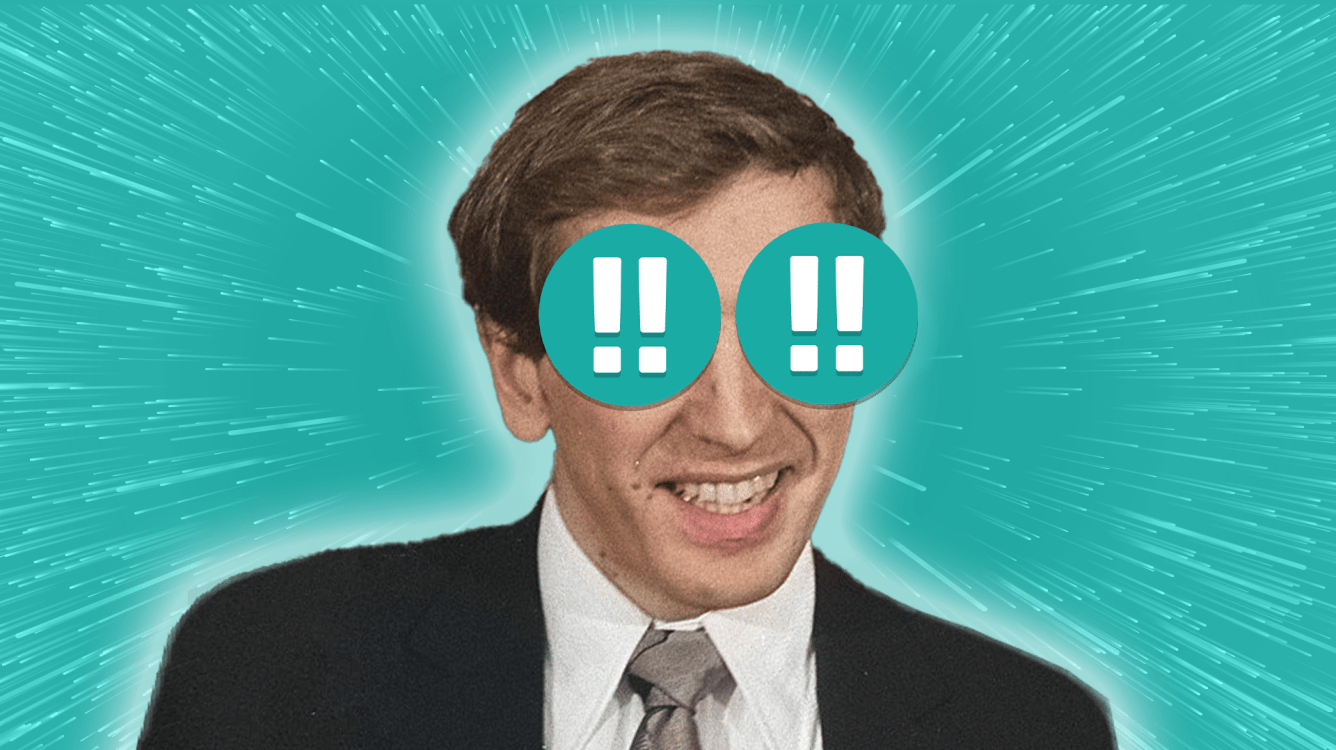
Bobby Fischer's Most Brilliant Move
GM Bobby Fischer produced hundreds of brilliant chess moves and it is very difficult to say which one is the most beautiful. We can argue that his famous move 19.Rf6!! against GM Pal Benko was the tastiest one, since it was depicted on a cake.
However, there is no doubt that his most powerful move, the move that made him world champion, was one the American genius produced off the chess board. I guess you already know that I am talking about the notorious second game of the 1972 "Match of the Century" between Fischer and GM Boris Spassky.
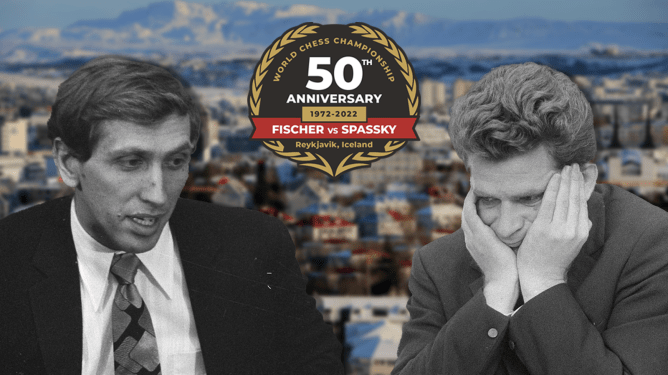
In order to really understand what happened on that memorable day when Fischer didn't show up for the game, let us consider the obvious facts. Before their world championship match, Spassky and Fischer played five games. Three games were won by Spassky and two games were drawn. But it was not even the catastrophic score that depressed Fischer. These games showed Spassky's total dominance in all the elements of chess.
If you want to learn how to play a complicated middlegame and improve your tactical skills, look no further than the following game. The final little combination made it into hundreds of books on tactics. I am sure it will be an easy puzzle for you.
In case you want to improve your endgame skills, I strongly recommend that you replay the following game. Notice the textbook move 35.h4!! which fixes Black's weak pawn on g6:
Spassky was playing all kinds of openings: from the solid classical Ruy Lopez to the crazy King's Gambit!
There was another huge problem for Fischer. This one was purely psychological. Spassky was not afraid of Fischer! Some people might say that it is not a big deal, but professional chess players know that it is in reality a huge deal!
I will never forget a lecture by one of the most famous chess coaches in the world, IM Mark Dvoretsky. It was 1984 and Dvoretsky was speaking to top Soviet junior players. Future GMs Boris Gelfand, Vasyl Ivanchuk, Aleksey Dreev, Evgeny Bareev, and other chess superstars-to-be were there. Naturally, at some point, Dvoretsky talked about GM Garry Kasparov, who was going to challenge GM Anatoly Karpov for the world title.
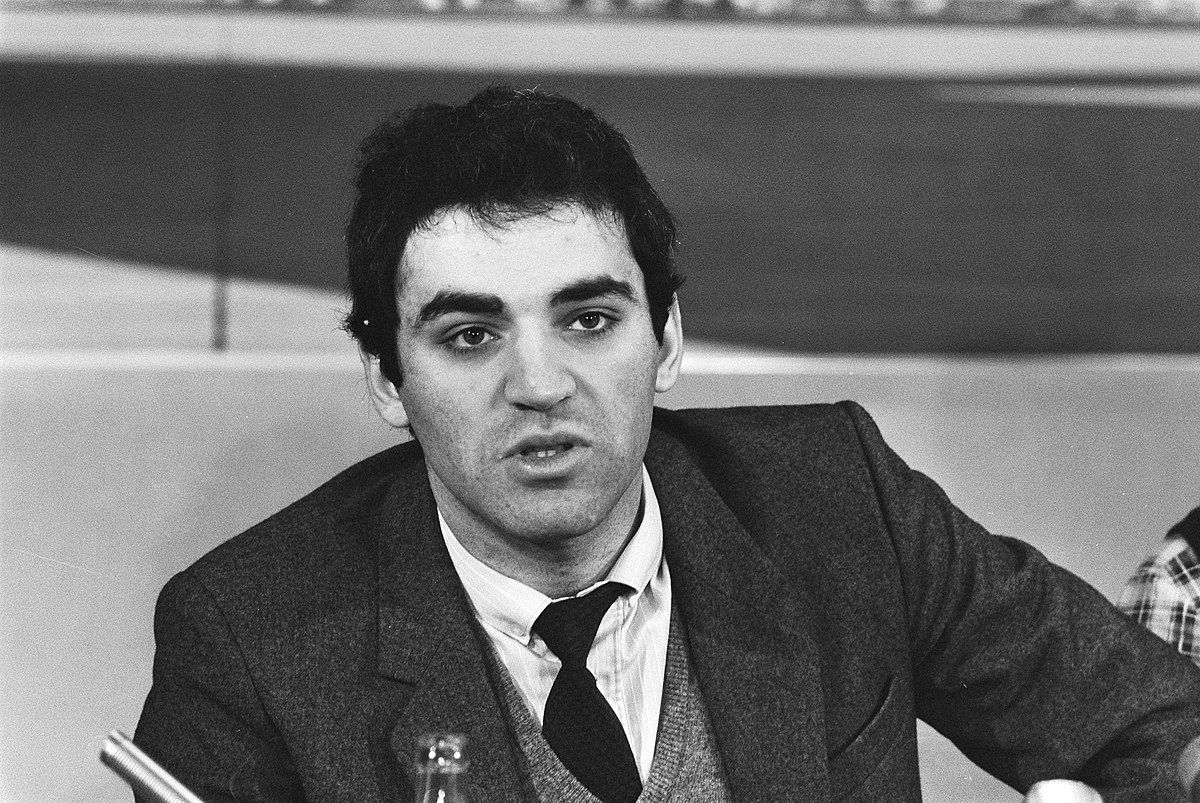
Dvoretsky explained that, in many games, Kasparov's opponents were so scared of him that they were incapable of playing their best chess. In conclusion, he said something that I wrote in my notebook while recording the lecture. Dvoretsky said that the best thing that can happen to a chess player is when his opponents are scared of him. Only many years later did I really appreciate Dvoretsky's wisdom. Let's look at this aspect of professional chess from Fischer's perspective. Most of the world's top players were indeed scared of Fischer.
Look at the games Fischer played vs. GM Tigran Petrosian. Psychologically it was easy for Fischer to play with the knowledge that Petrosian was really afraid of him. It is like a lifeline. Whenever Fischer felt that things started going south, he could make an offer that Petrosian couldn't refuse. In many games where they agreed to a draw, Petrosian had a clearly better position. Check out this example:
Fischer thought that he was winning most of the game before he suddenly realized that his position started to deteriorate at a fast pace. What did he do? Yes, he offered a draw! Here is what Fischer says in his book: "I offered a draw, afraid that he wouldn't accept. Black certainly has the edge now." Chess engines agree with Fischer's evaluation of the final position to the tune of -1.25! Nevertheless, Petrosian was happy with a draw.
One more piece of evidence is a telling comment by GM Mark Taimanov about one of their Candidates match games in 1971:
And here I was overcome by a state of helplessness, of despair: 'Is this Fischer invulnerable, is he somehow bewitched?!' But time was passing and time-trouble was beginning to approach... I thought over this position for 72 minutes! During the half-century that I have been playing, I have never spent so much time on one move! And psychologically I simply collapsed. My energy dried up, apathy ensued, everything around lost sense, and I made the first move that came into my head, which turned out to be a losing one...
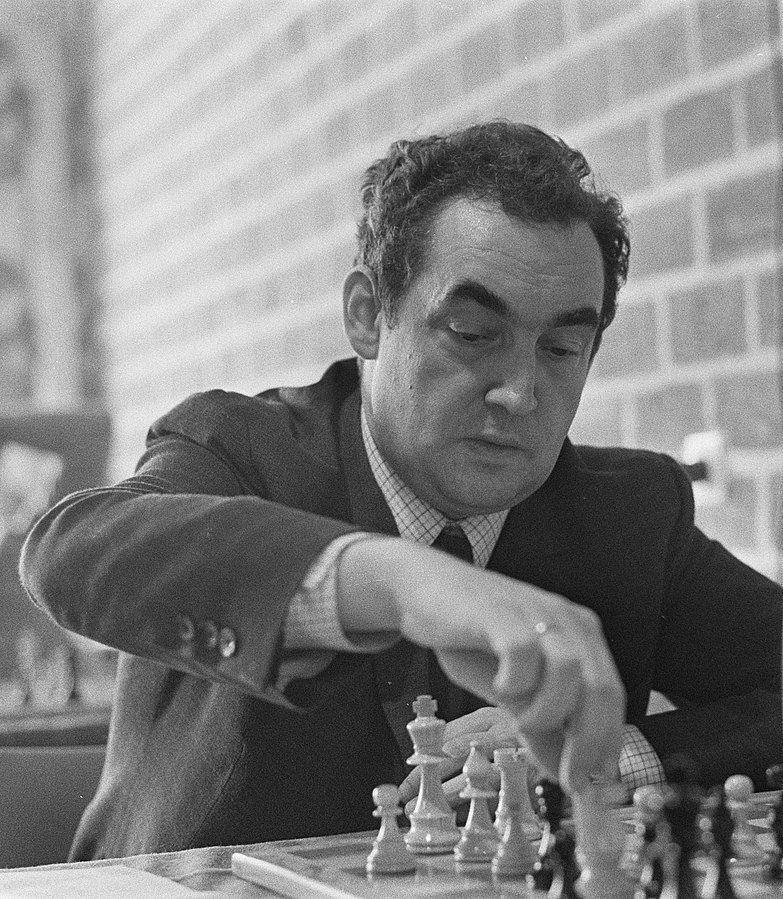
Not surprisingly, Fischer won the match in a 6-0 sweep!
With Spassky, however, things were totally different. Every game, White or Black, the Soviet grandmaster played for a win! In the following game he played his trademark Marshall Attack.
As you can see, Fischer came to the world championship match vs. Spassky with negative psychological baggage. The childish blunder in the first game of the match didn't help the situation:
The situation for Fischer became critical. In his career so far, he now had zero wins against Spassky, four losses, and had been totally dominated by the world champion. In this desperate situation, Fischer came up with an unexpected solution: He didn't show up for the second game. Karpov called it "a brilliant move." Tal said that it was "devised and planned by a highly-qualified psychologist, although it was extremely risky."
For some people, Fischer's decision might look completely absurd. He gave up a free point in the world championship match. How is that going to make things better for him or worse for his opponent? Well, let's see how this unusual move affected Spassky.
As I mentioned before, Spassky didn't have any fear of Fischer. As a matter of fact, he enjoyed playing Fischer, saying that: "before [a] game with Fischer I experienced that special fervor, without which high achievements are unthinkable. It is possible that Fischer himself involuntarily assisted in this: it is always pleasant for me to play against him.”
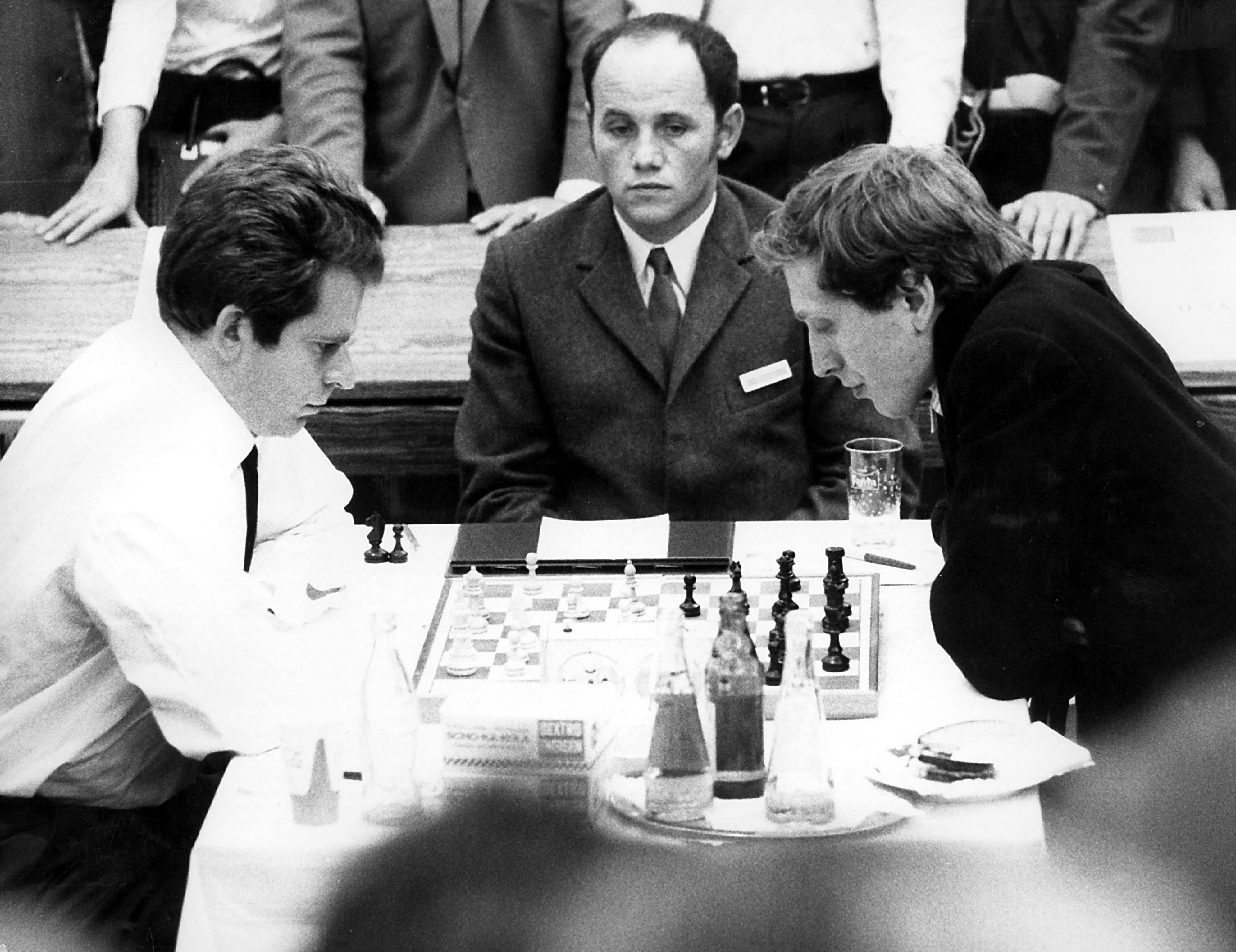
While it would be a huge stretch to call Spassky and Fischer friends, they had some sort of rapport that many years later, in 1992, helped to return Fischer back to chess for one more match vs. Spassky. Besides their unconditional love for chess, these chess giants shared similar views on many non-chess topics, which unfortunately included conspiracy theories and antisemitism.
Therefore, Spassky saw the coming match with Fischer as a chess feast. He said before the match:
"I have a high regard for Fischer, he is a wonderful player. Without him it would be more tedious in the chess world... If I had to chose an opponent for the match, I would have chosen him, as objectively my strongest rival... I don't know how the match will end, but it will be interesting from the chess point of view."
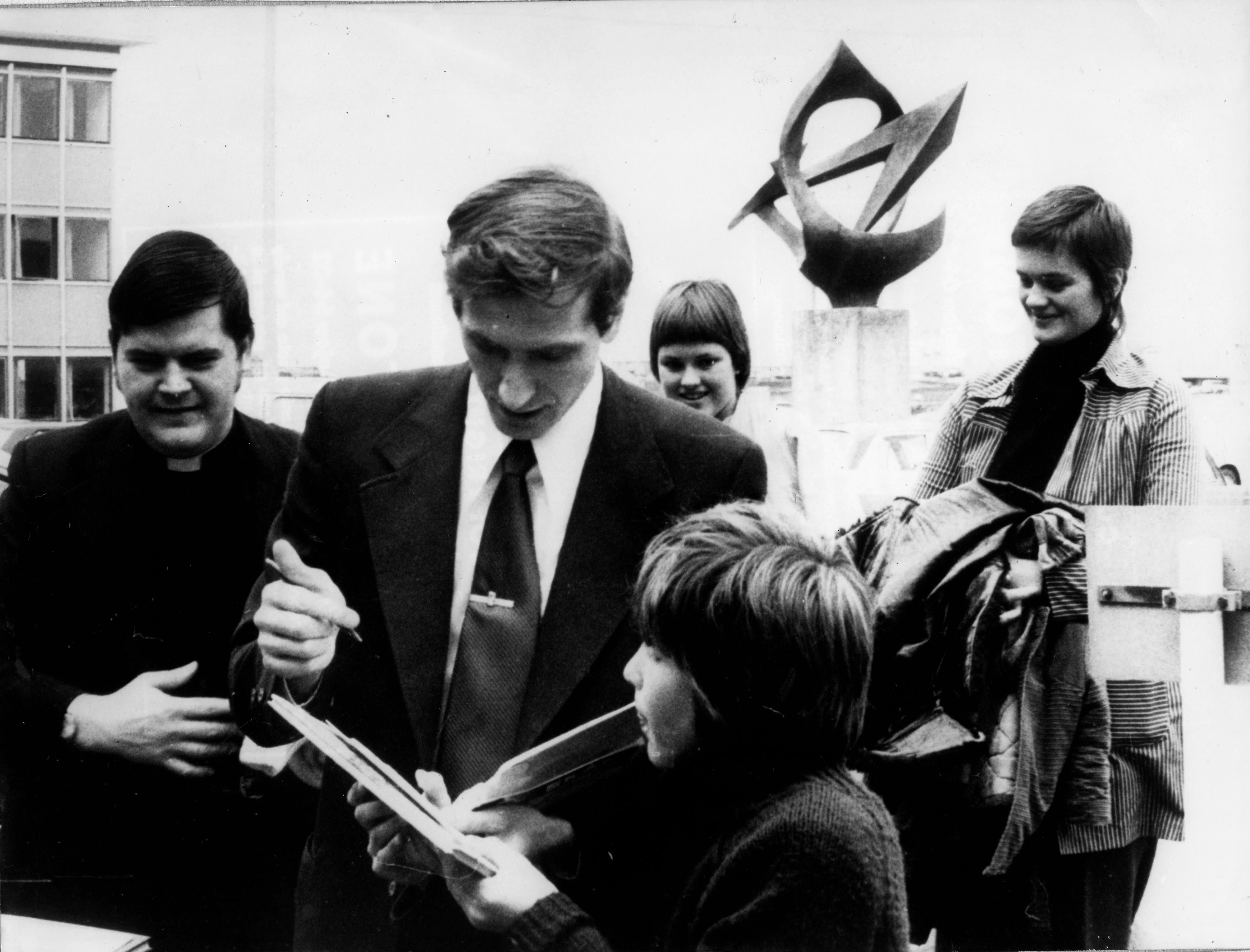
When Fischer didn't show up for the second game, Spassky was visibly uncomfortable, saying that it was a great pity. And that was the start of the world champion's downfall in the match. Here is how GM Bent Larsen described the situation: "Many consider Fischer to be a 'big child,' and to some extent, that is indeed so. However, it should not be forgotten that children are sometimes very cunning and contrive very cleverly to impose their will on others... I after Denver and Petrosian after Buenos Aires warned that on no account should concessions be made to Fischer, and yet in Reykjavik Spassky has several times dutifully carried out his will.'
The third game was played in a closed backroom that reportedly was previously used for table tennis. Fischer played a relatively new idea in the opening, but even though Spassky knew this idea and even prepared for it, his play was extremely poor and he lost the game almost without a fight.
The natural question is what Spassky should have done to avoid the catastrophe. Here is Spassky's own opinion: "There is only one way I could have won that match: before the third game, when Bobby began making trouble, I could have resigned it! I thought of doing this, but I was the chess king and I could not go back on my word. I had promised to play this game. As a result I ruined my fighting mood, and from being a festival the match was transformed into a lawsuit."
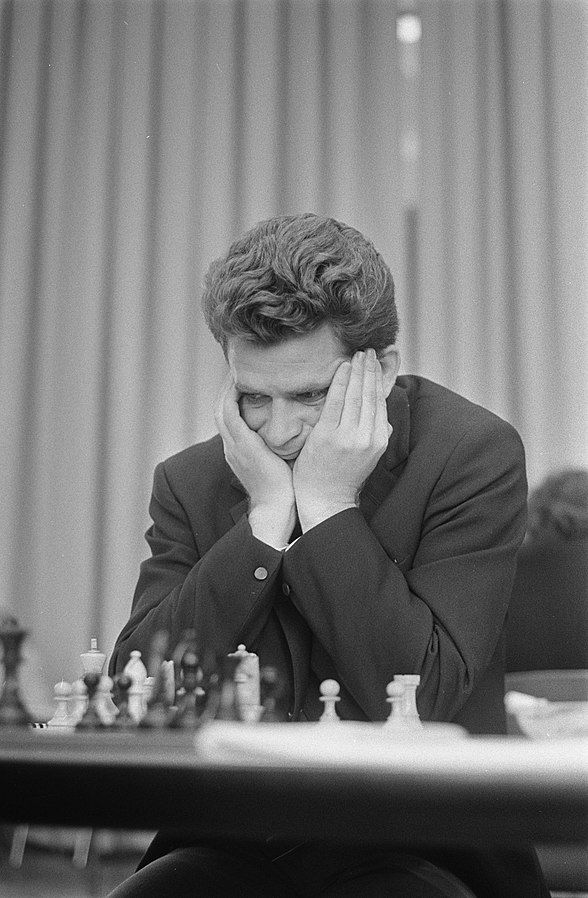
With all due respect, I completely disagree with Spassky's opinion. As he mentioned himself, a chess festival turned into a lawsuit. How would resigning the third game have regained a festive mood? If Johnny Depp and Amber Heard settled out of court, would it make them love birds again?
I experienced a situation similar to Spassky's a couple of times, but obviously on a much lower level. The first time it happened, I was just 12 years old. I was playing an adult who was late for the game. After about 30 minutes of waiting, one of the guys in the chess club told me that he saw my opponent completely drunk the evening before the game, so, he concluded, most probably my opponent wouldn't show up for the game at all. So I started wondering if the game would happen. When 55 minutes elapsed and I was already absolutely sure that it would not, my opponent finally showed up. Needless to say, I could barely play the game and lost without any fight.
Surprisingly, Spassky was in a similar situation. Numerous reports circulated before the third game, claiming that Fischer booked a flight out of Reykjavik. So, just like in my case, Spassky's mind was occupied with just one question: Will the third game even happen?
You cannot play quality chess in such a condition. Unfortunately, in my opinion, Spassky's only chance was to not concede to any of Fischer's demands, in which case the match would be effectively destroyed.
By his gentlemanly behavior, Spassky earned worldwide respect—but ultimately paid an enormous price.



